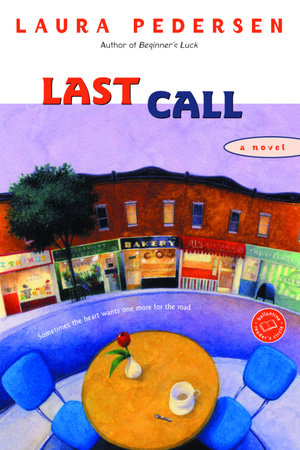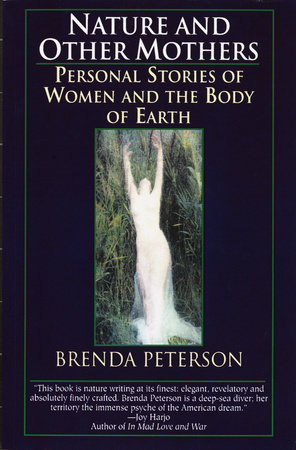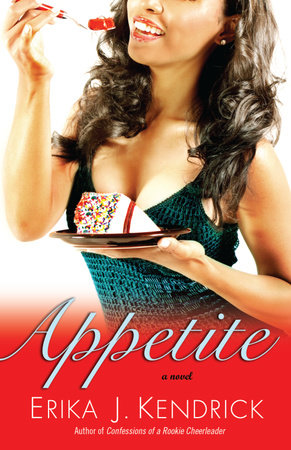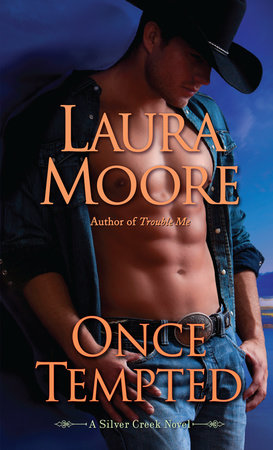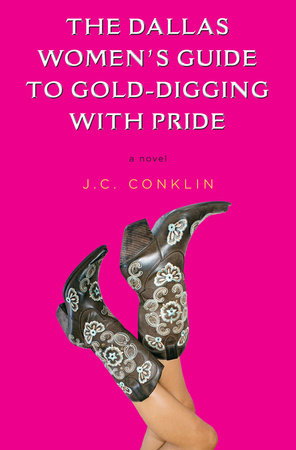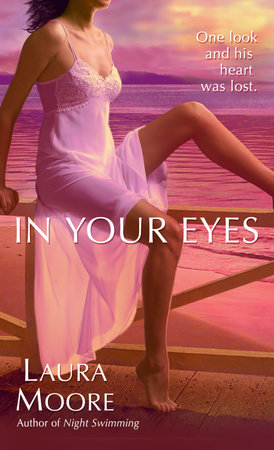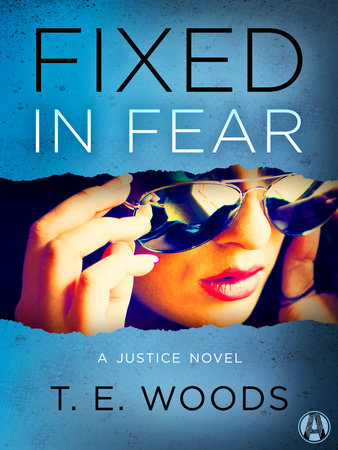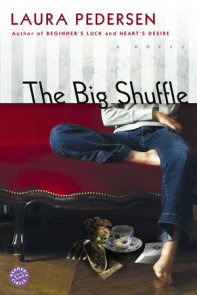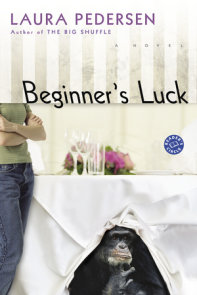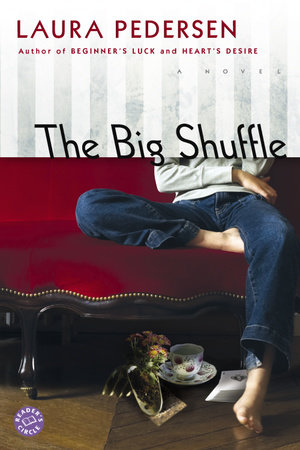Author Q&A
Julie Sciandra and Laura Pedersen have been friends since their teenage days in Buffalo, New York, and can talk for hours about anything, though most conversations inevitably turn to snow and bowling.
Julie Sciandra: When are you finally going to tell us the name of Hallie’s mother?
Laura Pedersen: She’s just Mom. Mom is devoted to her family, has hopes and aspirations for her children, but she also worries about them.
JS: What’s your favorite part of writing a novel?
LP: In real life I’m entertained most by exasperation–when a person we care about is doing something ill-advised and there’s the urge to try and rescue the situation, but it can’t work for whatever reason, and so frustrated bystanders have to release that energy by yelling, joking, baking a pie, running, or whatever their thing happens to be. This usually occurs when Bernard is upset by the actions of his socially and sexually progressive mother, only he can’t really stop her because a) he has no right to, and b) at some level he knows that she’s right. So he acts out instead.
JS: This book seems to be mostly about love–searching for it, finding it, and in some cases losing it.
LP: Hallie is almost eighteen, and after you finish rebelling against your folks, live through the SATs, and get into college, it seems as if that’s usually next on the list.
JS: Did you borrow any of Hallie’s trials and tribulations from your own love life?
LP: I probably borrowed more for the older characters because I was in a tree or on a bike until I was around seventeen and didn’t have serious boyfriends until my twenties. In the Midwest in the 1970s and early ’80s there wasn’t this rush to grow up–it was the end of a long recession, one that had basically lasted throughout our entire childhoods. People still didn’t have money to spare and the media wasn’t bombarding us with products and images. I played touch football and street hockey with kids in my neighborhood. In high school I had a boyfriend who was captain of the lacrosse team, and Hallie’s boyfriend Craig plays lacrosse, so I guess I’m guilty there. But I don’t know that much about sports and thus am heavily dependent on my limited knowledge of what equipment goes with what game.
JS: What did you borrow from your own experiences for the older characters?
LP: When I was growing up most couples stayed together–they’d be like Officer Rich and his wife, Hallie’s folks, or Gwen’s parents. I was the only one of my friends whose folks were divorced, and that was after twenty-three years of marriage. So I probably developed a more questioning nature toward romance: How do you know when it’s right? What goes wrong and splits people apart? I went at it more from the scientific side: What if you get married and then meet the true love of your life five minutes after the wedding? It’s all fascinating to me, the importance of timing, how people meet–at parties, through friends, at work. And how they break up–with a huge fight, a growing drift, a civilized chat. Yet as much as I want to be a cynic, I’m a romantic at heart, believing in true love and all that Hallmark malarkey.
JS: Is that why you got married?
LP: I married a few months before turning thirty and that was definitely the right age for me. Anything earlier would probably have been a mistake. During your twenties is a good time to try everything, before the mailbox is filled with envelopes from the insurance company and under “doctor” in your address book there are several different names and numbers. I’ve been married for ten years now and don’t anticipate a midlife crisis. But if I do have one I’m pretty sure it will involve smoke jumping–you know, parachuting out of planes to extinguish forest fires. I’ve always wanted to do that.
JS: Hallie always seems to be struggling to earn money. Where does that comes from?
LP: It’s one of the things that makes me want to become a politician–that and the millions of children in this country without medical insurance. The cost of getting a good education is way too high and discriminatory toward people in lower income brackets. Most of my friends had jobs after school, on weekends, and during the summer. Heather worked at a department store, Mary was at CVS, Debbie was a camp counselor, Paul rode the garbage truck, Mike had a paper route, and I worked at a donut shop, among other places. All the girls baby-sat and the boys did yard work. Yet the money we labored hard to earn barely made a dent in our tuition costs. And that was twenty years ago!
JS: There hasn’t been a reference to a sitting president or a realtime current event in any of your books. Is there a particular year in which Heart’s Desire takes place?
LP: I’ve tried to make it seem like the present at whatever time you’re reading the book. There are gadgets such as computers with cameras and the Internet that tie it to the early twenty-first century, but I’m trying to avoid an exact year. Life and death don’t change that much, and the same with gardens, cooking, and the four seasons. Also the passions, disappointments, hopes, and humiliations of the heart remain pretty much the same. And it would be a sad day if first-graders stopped telling booger jokes.
JS: Rocky the dipsomaniacal chimpanzee has proved to be an extremely popular character. Do you know any alcoholic chimpanzees in real life?
LP: My husband is from South Africa, and when we were there visiting I met a monkey that had belonged to a sailor and had become a very bad alcoholic. The sailor had died and the monkey was taken in by a primate refuge that worked to get him off the sauce, though he remained one angry monkey. Otherwise I’ve read about special monkeys trained to help paraplegics. I took some literary license with Rocky because chimpanzees don’t perform this type of home health care that I’m aware of. But I worked with a chimpanzee named Chippy on a TV show, and so I was familiar with his size, movements, and expressions, and I thought I could describe him easily enough. Plus I couldn’t see doing a Dian Fossey and moving in with a gorilla colony in Rwanda for a year just to write a book chapter. Chimpanzees are usually the ones you see acting in movies, and so I think this will be an entertaining element in the big-screen version of Heart’s Desire. Remind me to find out how much Chippy is charging these days.
JS: You live in Manhattan and haven’t been in school in twenty years, so how do you write about teenagers currently living in the Midwest?
LP: Much of it is based on having grown up in a small town outside of Buffalo, New York, which had more in common with Nebraska than New York City, or at least it did back then. We had gardens with plenty of vegetables, church ladies who carried plastic shopping bags of knitting around, a firemen’s picnic, the county fair, and all the stuff from a 1950s musical. Nowadays I tutor at an after-school center in East Harlem, and this helps keep me up-todate on popular music, clothes, and candy. Believe me, if it weren’t for the kids at Booker T. Washington Learning Center I would not know the value of a Yu-Gi-Oh! card or what a “hoodie” sweatshirt is. Fortunately old comic book characters like Spiderman and Batman keep coming back in style, and so those are usually safe. Then there are the ten-ton backpacks being wheeled around by firstgraders who look as if they should be heading off to the airport rather than school. My gosh, we didn’t have homework until third grade, and even then it wasn’t much. You could usually stick it in your pocket.
JS: And the question everyone always asks: How do you know so much about gambling?
LP: Oh, that. When I was growing up holiday gatherings were comprised of a half dozen adults and me, the only child. Occasionally we’d play Parcheesi but it was usually a long night of poker. My mother taught me your basic stud games when I was five and so I’d sit on a phone book and play, bet, and deal along with everyone else. They were merciless. I remember being yelled at to hold up my cards the way you’d tell another seven-year-old to stop flinging peas. At the time my uncle was a police reporter in Buffalo and the official Damon Runyon of the family, complete with colorful phrasing and a gun strapped to his leg. When I was eleven he took me to the racetrack over in Fort Erie, Canada, which I found quite fascinating, and so after that I would ride my bike over there. It was always fun to bicycle over the Peace Bridge. There was a narrow cement path that went downhill as you approached the Canadian side, and usually some construction along the way, so I would consider whether it was preferable to be run over by a truck or plunge into the swirling Niagara River several hundred feet below and then go over the falls, possibly the first person to do so on a bicycle. Counting cards at blackjack was a natural next step since you could get pretty good odds back then if a place didn’t use lots of decks. And then I learned even more about probability while trading options on the floor of the stock exchange. However I was always terrible at math in school. I only came to life when you put a real dollar sign in front of the problem.
JS: So what’s next?
LP: I just finished the third installment of the Hallie Palmer series, Full House, and am working on the fourth and probably final book.
JS: Give us hints.
LP: In Full House Hallie must return home due to a tragedy in her own family. For her it’s basically the year I think most of us experience at some point where life becomes not so much about us anymore–when diplomacy enters our psyche in a big way. For example, for many people it’s when they have their first serious relationship, and for others it’s when they have a child. In the final book Hallie leaves the seventy-five-mile area that has always been her world and heads out into the wild blue yonder.
JS: Is it like a soap opera where she discovers a lost twin?
LP: Definitely not. There are enough twins in that family. But I think the ending will be a big surprise to those who’ve read the entire series.
JS: When you travel around the country doing readings and signings, have you noticed that restaurants claim to serve Buffalo-style chicken wings but they’re not at all like Buffalo wings?
LP: I’ve been a vegetarian for a long time, but I can say with authority that they certainly don’t look as good as Buffalo wings. They’re not nearly as large and oftentimes don’t include the blue cheese sauce. Furthermore, Buffalo has better pizza than most places, and we don’t get any credit for that. You know what else? People don’t believe me when I tell them that Buffalonians put snowblowers in their wills.
JS: People don’t believe me when I tell them my family owned a bowling alley.
LP: If they saw you do that backward-between-the-legs throw they’d change their minds in a hurry. Or play foosball.
JS: I guess we’re getting off track. So why do you like writing?
LP: Watching the news every night will make you think the world isn’t a good place. It certainly has its problems, but I find there’s a tremendous generosity of spirit in most people and a desire to make things better. I enjoy celebrating that. I’m hopeful about the future. I also believe that if the ship you’re after doesn’t come sailing into the harbor, then sometimes you have to borrow a rowboat and paddle out to it.
JS: Was there any main point you were hoping to get across in Heart’s Desire?
LP: It’s a story about things lost and things found–the ebb and flow that is an intrinsic part of nature and also creates the tapestry of our lives. My only regret is not to have said anything about fire safety, especially having grown up in a place where old kerosene heaters regularly burned down wooden houses in fifty minutes flat.
JS: Fire safety? Like a seminar from Officer Rich, the way he warns the local kids about blowing off their fingers with firecrackers?
LP: Not exactly. It’s just that I enjoy candles and feature them in the book. But these days you can buy floating candles that sit in a bowl of water. This way if you leave the room and forget about them you never have to worry about starting a fire. I highly recommend floating candles for everyone.
JS: You’ve officially turned into your mother.
LP: If that’s true then I won’t finish the next book because I’ll be too busy making citizen’s arrests of people smoking in malls and government office buildings.



